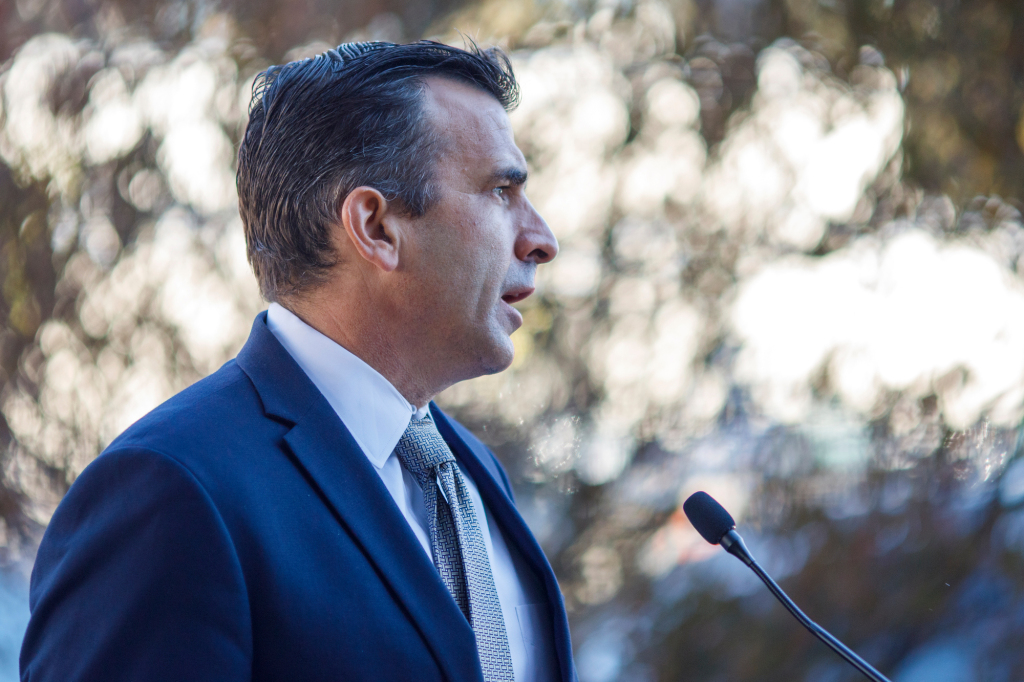After excluding the Bay Area’s largest cities from a key pot of affordable housing funding — prompting a major backlash from local officials — the state is changing its rules.
The mayors of Oakland, San Jose and San Francisco had sounded the alarm after no projects in their cities received funding from a little-known committee that plays a key role in housing finance in California. On Wednesday, the committee agreed to change how it allocates future financing. But local experts worry it’s not enough, particularly as all three cities struggle with drastic affordable housing shortages.
“We’re hopeful with these changes that we’ll at least be able to get some projects built,” said Pedro Galvao, policy director for the Non-Profit Housing Association of Northern California. “But we still have farther to go.”
At risk are thousands of homes. There are 3,000 units of proposed affordable housing in Oakland, San Jose and San Francisco waiting for financing this year, according to the cities. It remains to be seen whether any of those projects will secure funding in the next round of allocations — which will be announced in August.
The decision will come from the California Debt Limit Allocation Committee, which divvies up the state’s allotment of federal bonds — a vital source of funding for projects that house the state’s low-income and formerly homeless residents.
An earlier change in how the committee allocates resources prioritized lower-cost projects, essentially shutting out the major Bay Area cities, where construction is more expensive. But now committee members acknowledge they had underestimated how that would impact the Bay Area. To give the region’s major cities a better chance at securing funding in the next round, they approved several new changes.
The committee now will do more to factor in the high cost of construction in the Bay Area when determining which projects merit funding. And it will give the Bay Area more resources. Previously, the Bay Area received 17% of the funding allocated by region. Now, the Bay Area will get 21%.
That will help, but the Bay Area needs even more, say local officials, developers and housing advocates, who had advocated for 24%.
“While we appreciate the changes adopted by the Committee as a step in the right direction, it will likely not suffice to rectify the disparity in statewide funding allocations,” San Jose Mayor Sam Liccardo wrote in an emailed statement. “We cannot afford an approach that continues to shut out the major Bay Area cities as we work together to build affordable housing and dramatically reduce homelessness.”
One by one Wednesday, local housing advocates, city staffers and developers who failed to secure funding urged the state committee to prioritize the Bay Area.
But representatives from Southern California objected to the changes. By increasing the Bay Area’s share of the pie, the committee reduced the share to other regions. Los Angeles, for example, saw its share lowered from 18% to 17%.
“I think that it’s a little premature for the committee to make adjustments to the allocations,” said Jim Silverwood of San Diego-based Affirmed Housing.
Colin Miller, vice president of the San Diego Housing Commission, argued his city has worked to streamline permitting, reduce fees and otherwise cut construction costs. San Diego shouldn’t be penalized for lowering its price tag to build new housing, he said.
But Bay Area leaders argued even after attempts to reduce costs, the region’s major cities remain extremely expensive for developers thanks to the high cost of living. And they urged the state to do more to address the region’s desperate need for housing.
“In Oakland we have 13 shovel-ready projects ready to provide nearly 950 new homes for Oakland families, including 300 homes for our unhoused neighbors currently living in inhumane conditions on the street,” Oakland Mayor Libby Schaaf wrote in an emailed statement. “We’re asking our partners at the state to help get these projects to the finish line.”









